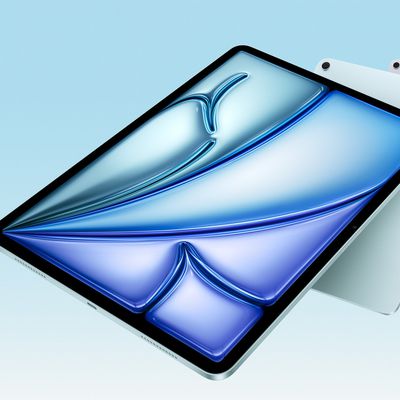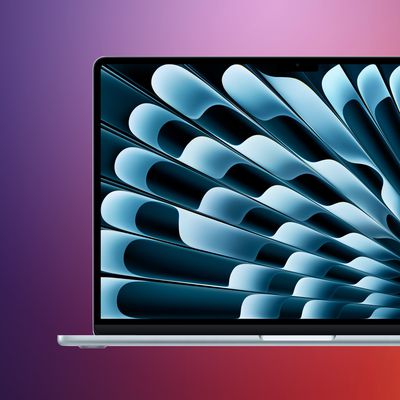Microsoft Releases Office for Mac Update With Full Apple Silicon Support in Excel
Microsoft has released a new version of its Office for Mac productivity suite that includes an updated Excel app with 100% native support for Apple silicon machines.

According to the release notes accompanying version 16.57, Excel will now run natively on Macs powered by Apple's M1-series processors without having to use the Rosetta 2 translation layer, which means anyone using a Mac with an M1, M1 Pro, or M1 Max processor can expect better performance and energy efficiency when working with Excel spreadsheets, particularly those that make use of the Power Query function.
Excel is fully supported on devices with Apple Silicon CPUs: Power Query in Excel for Mac is now natively supported on Apple Silicon processors. If you previously used Rosetta emulator to run Excel, you may now disable it and run Excel natively on your devices.
The latest update applies to Office 365, Office 2019 for Mac, Office LTSC 2021 for Mac, and Office 2021 for Mac, which are available as a one-time purchase from a retail store or through a volume licensing agreement. Users can get the new version from Microsoft AutoUpdate (MAU). To use Microsoft AutoUpdate, start an Office application, such as Word or Excel, and then choose Help -> Check for Updates.
Apple built its Rosetta 2 translation software so that Macs can run x86-64 code that's written for Intel Macs. In contrast to the original Rosetta – the version that allowed PowerPC apps to run on Intel-based Macs – code isn't interpreted in real-time. Instead, the Rosetta 2 translation process happens entirely on first launch, though there is a slight performance hit as the initial x86–64 translation of instructions takes place.
Apple says Rosetta 2 is a temporary solution for developers to make their existing Intel-based programs to run on Arm-based Macs, meaning they will eventually need to create native apps for Apple Silicon machines. Notably, Apple ended support for the original Rosetta three years after its release.
Popular Stories
Apple is planning to launch new MacBook Pro models as soon as early March, but if you can, this is one generation you should skip because there's something much better in the works.
We're waiting on 14-inch and 16-inch MacBook Pro models with M5 Pro and M5 Max chips, with few changes other than the processor upgrade. There won't be any tweaks to the design or the display, but later this...
Wednesday February 11, 2026 10:07 am PST by
Juli CloverApple today released iOS 26.3 and iPadOS 26.3, the latest updates to the iOS 26 and iPadOS 26 operating systems that came out in September. The new software comes almost two months after Apple released iOS 26.2 and iPadOS 26.2.
The new software can be downloaded on eligible iPhones and iPads over-the-air by going to Settings > General > Software Update.
According to Apple's release notes, ...
Apple plans to release an iPhone 17e and an iPad Air with an M4 chip "in the coming weeks," according to the latest word from Bloomberg's Mark Gurman.
"Apple retail employees say that inventory of the iPhone 16e has basically dried out and the iPad Air is seeing shortages as well," said Gurman. "I've been expecting new versions of both (iPhone 17e and M4 iPad Air) in the coming weeks."...
The MacBook Air is Apple's most popular laptop – a thin, fanless machine that wields quiet power thanks to the efficiency of Apple silicon. While the M4 model isn't exactly old, attention is already turning to its successor.
Apple doesn't telegraph new product launches ahead of time, but we can draw a surprisingly clear picture of what to expect by looking at Apple's silicon roadmap,...
Apple plans to announce the iPhone 17e on Thursday, February 19, according to Macwelt, the German equivalent of Macworld.
The report said the iPhone 17e will be announced in a press release on the Apple Newsroom website, so do not expect an event for this device specifically.
The iPhone 17e will be a spec-bumped successor to the iPhone 16e. Rumors claim the device will have four key...
![]()




















